Curcumin is the primary active component of turmeric: a herb that has been used in India for thousands of years for cooking and medicinal purposes.
Also, curcumin is the reason behind the potential health benefits and the distinct yellow color that turmeric exhibits. What’s more, curcumin is considered a powerful anti-inflammatory agent.
Want to know more about what benefits curcumin offers and how can you experience those benefits? Read along. This blog talks about the reason behind curcumin’s anti-inflammatory nature, its benefits, and a way to include it in your diet.
What Makes Curcumin an Anti-Inflammatory Ingredient?
According to research, the anti-inflammatory effect of curcumin comes through its ability to inhibit lipoxygenase (LOX), cyclooxygenase-2 (COX-2), and nitric oxide synthase. These three enzymes, COX-2, iNOS, and LOX, are important for mediating the inflammatory processes exhibited by curcumin.
Enough of the technical stuff; let’s learn about the benefits curcumin offers you.
What are the Benefits of Curcumin?
1. Curcumin is Anti-inflammatory in Nature
Curcumin is highly effective when it comes to fighting inflammation. So much so that if taken in the right doses, it can work better than anti-inflammatory drugs such as aspirin and Advil (ibuprofen).
What’s more, curcumin can help you deal with chronic inflammatory conditions such as:
-
Arthritis
-
Inflammatory Bowel Syndrome
-
Pancreatitis
2. Curcumin Helps Lower the Risk of Heart Diseases
According to research, curcumin is a potent compound that protects you against cardiac diseases.
What’s more, curcumin is known to improve the functioning of endothelial (a membrane that covers the inside of your heart and blood vessels) membrane. And this membrane regulates your BP, which further helps reduces the risk of heart diseases.
3. Curcumin Helps Fight Free Radicals
Curcumin is a potent antioxidant with a unique chemical structure that allows it to fight free radicals. Furthermore, some studies state that curcumin may block the free radicals and promote the action of other antioxidants.
4. Curcumin May Help Fight Cancers
As you may know, inflammation is linked to tumor growth. And as curcumin is anti-inflammatory in nature, it can help you deal with tumors and prevent a variety of cancers such as:
-
Colorectal Cancer
-
Pancreatic Cancer
-
Prostate Cancer
-
Breast Cancer
-
Gastric Cancer
Furthermore, curcumin has been studied as a beneficial herb for cancer treatment and is known to impact cancer cell growth and development.
5. Curcumin May Help with Improve Arthritis
Arthritis is a serious and painful condition that involves inflammation in the joints. Fortunately, because of its anti-inflammatory nature, curcumin can help improve this condition.
For instance, a study revealed that curcumin was more effective in treating rheumatoid arthritis than an anti-inflammatory drug.
How to Include Curcumin in your Diet?
While you can consume turmeric and thus curcumin by consuming curries with turmeric in them, it’s not effective. Here’s why:
Turmeric contains just around 3% curcumin by weight.
Your body isn’t that good at absorption when it comes to curcumin.
So, what’s the solution? Turmeric or curcumin supplements. Want to know about some reliable curcumin supplements? Read along.
Curcumin Supplements you Can Rely On
Virgin Omega 3
Virgin Omega 3 comes with a unique combination of fast-acting triple-strength fish oil along with curcumin beadlets locked in a fast-absorption capsule. This supplement can help you:
-
Reduce Inflammation
-
Improve Heart and Brain Health
Melts Throat Relief
Melts Throat Relief also comes with curcumin along with mint, ginger, manuka honey, licorice, clove, and holy basil. All these ingredients can help you:
-
Deal with Inflammation
-
Treat Sore Throat
-
Prevent Throat Ache
-
Clear Nasal Airways
Throat Relief Melts come in the form of nano oral strips that are meant for better absorption of nutrients. You just need to place an oral strip on your tongue, and within seconds, it’s gone. Also, this supplement offers you relief from throat problems without drowsiness.
Apple Cider Vinegar with Amla and Turmeric
Apple Cider Vinegar with Amla and Turmeric is yet another good source of turmeric (curcumin) along with 2X the ‘Mother’ (prebiotic bacteria), cinnamon, amla, and black pepper. It can help you:
-
Reduce Gut Inflammation
-
Improve Digestion
-
Boost Immunity
-
Promote Metabolism
To enjoy these benefits, you can add one tablespoon of ACV with Amla and Turmeric in warm water. Or you can even use it as salad dressing or chutney.
Wrapping Up
Most people know about the beneficial nature of curcumin. Still, they aren’t able to reap its benefits. Because even the best source (turmeric) of curcumin has a low curcumin content, and that too is hard to absorb for your body.
However, as you know about some reliable curcumin supplements from Wellbeing Nutrition, you can experience the curcumin benefits to the fullest. These supplements contain the required amount of curcumin and can be fully absorbed by your body, which means more benefits.
So, order the supplements now and enjoy anti-inflammation.
References
Takada, Y., Bhardwaj, A., Potdar, P., & Aggarwal, B. B. (2004). Nonsteroidal anti-inflammatory agents differ in their ability to suppress NF-kappaB activation, inhibition of expression of cyclooxygenase-2 and cyclin D1, and abrogation of tumor cell proliferation. Oncogene, 23(57), 9247–9258. https://doi.org/10.1038/sj.onc.1208169
Hunter P. (2012). The inflammation theory of disease. The growing realization that chronic inflammation is crucial in many diseases opens new avenues for treatment. EMBO reports, 13(11), 968–970. https://doi.org/10.1038/embor.2012.142
Jiang, S., Han, J., Li, T., Xin, Z., Ma, Z., Di, W., Hu, W., Gong, B., Di, S., Wang, D., & Yang, Y. (2017). Curcumin as a potential protective compound against cardiac diseases. Pharmacological research, 119, 373–383. https://doi.org/10.1016/j.phrs.2017.03.001
Toborek, M., & Kaiser, S. (1999). Endothelial cell functions. Relationship to atherogenesis. Basic research in cardiology, 94(5), 295–314. https://doi.org/10.1007/s003950050156
Menon, V. P., & Sudheer, A. R. (2007). Antioxidant and anti-inflammatory properties of curcumin. Advances in experimental medicine and biology, 595, 105–125. https://doi.org/10.1007/978-0-387-46401-5_3
Giordano, A., & Tommonaro, G. (2019). Curcumin and Cancer. Nutrients, 11(10), 2376. https://doi.org/10.3390/nu11102376
Chandran, B., & Goel, A. (2012). A randomized, pilot study to assess the efficacy and safety of curcumin in patients with active rheumatoid arthritis. Phytotherapy research: PTR, 26(11), 1719–1725. https://doi.org/10.1002/ptr.4639












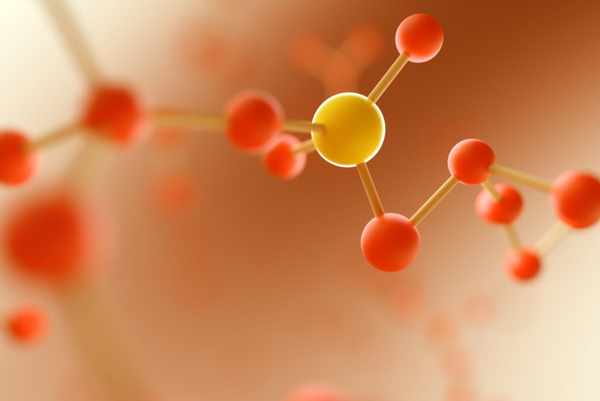

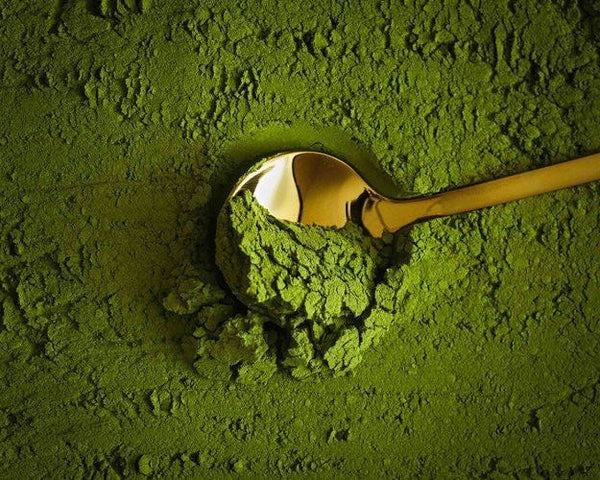
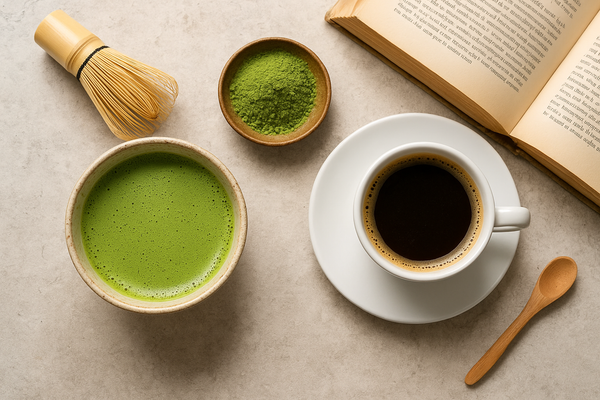
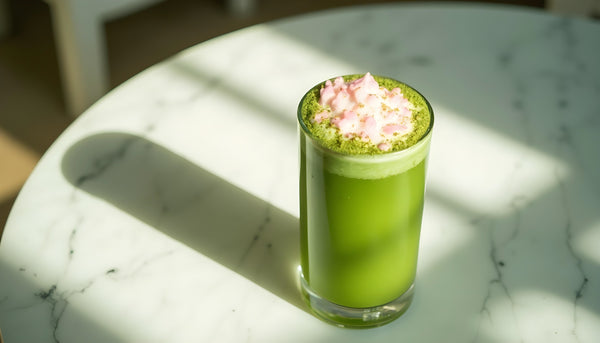
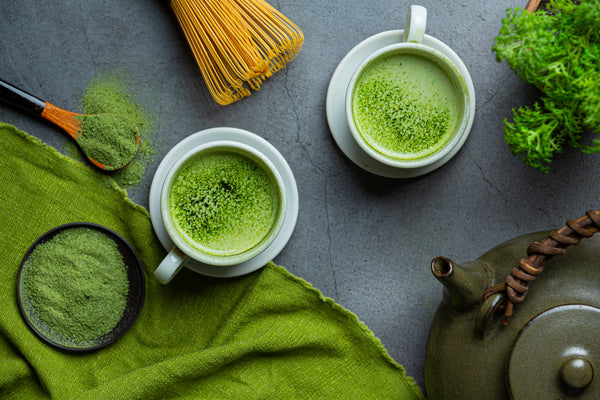
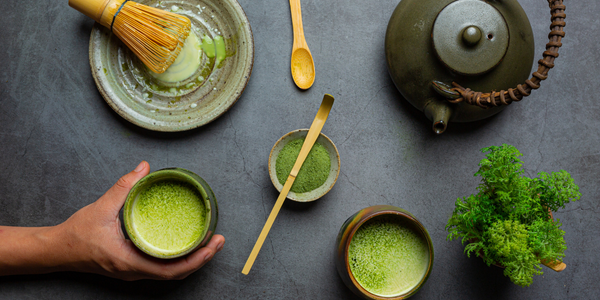
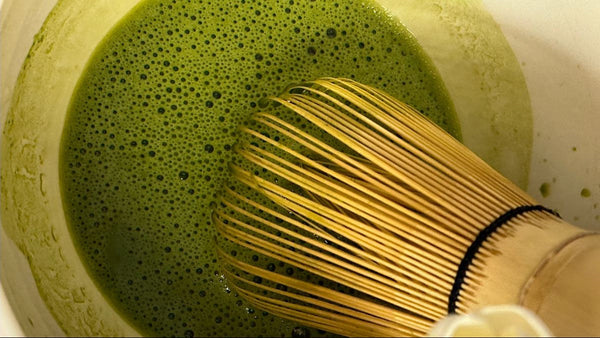
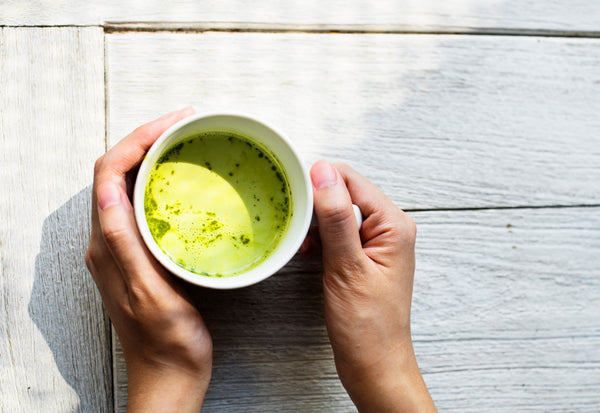






 DOWNLOAD NOW
DOWNLOAD NOW
